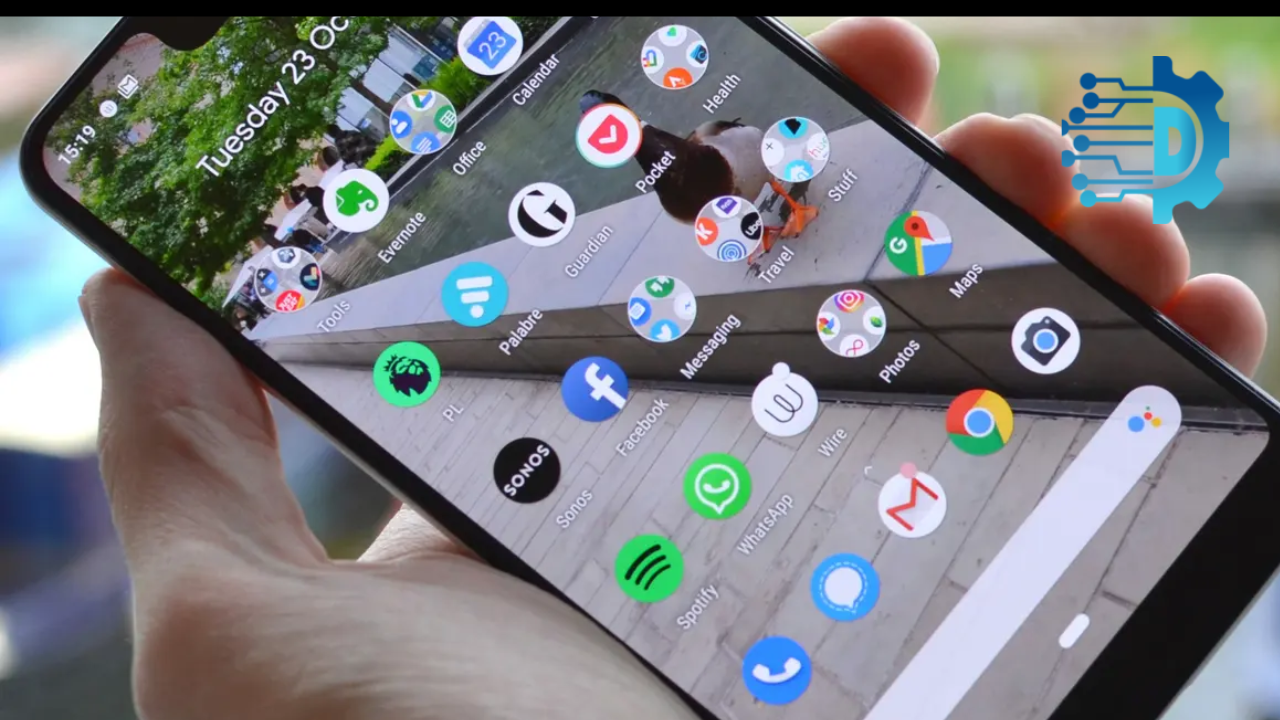Motivation is a crucial element in the student’s journey. It acts as a catalyst in their path towards academic success and personal growth. A 2-minute motivational speech for students can ignite the spark of ambition and perseverance in their hearts, guiding them towards achieving their dreams. This article delves into the essence and impact of such speeches, offering insights and strategies for crafting a motivational message that resonates with students.
Understanding the Impact
A student’s life is often a blend of aspirations, challenges, and constant learning. In this journey, motivation plays a pivotal role. It’s not just about encouraging students to study harder or score better grades; it’s about inspiring them to see the larger picture of their educational journey. Motivation helps build resilience, foster a growth mindset, and instill a sense of purpose. A 2-minute speech, though brief, can be powerful enough to uplift spirits and redirect focus toward positive goals.
The Essence of a Short Motivational Speech
In today’s fast-paced world, where attention spans are limited, the brevity of a 2-minute speech is its strength. Such a speech must be concise yet impactful, delivering a message that students can quickly grasp and remember. The key is to touch upon topics that resonate with them – overcoming failure, the importance of perseverance, the value of hard work, and the power of dreams. The right words can work wonders in transforming a student’s perspective and approach towards their education and life.
Structuring the Speech
The structure of a 2-minute motivational speech is critical. It should have a clear beginning, middle, and end. Start with a strong opening that grabs attention – a quote, a startling fact, or a brief story. The middle part should build on this by conveying the core message, ideally through relatable examples or personal anecdotes. The conclusion should be robust and memorable, leaving the students with a thought-provoking message or a call to action.
Content That Resonates
The content of the speech should be relatable and relevant to the students. Talk about real-life challenges students face, like stress, time management, or peer pressure, and provide practical advice or solutions. Share personal experiences or stories of famous personalities who overcame obstacles. It creates a connection with the audience, making the message more impactful.
The Role of Emotion and Rhetoric
Emotions play a significant role in motivational speeches. The right balance of passion and sincerity can make the lesson more engaging and persuasive. Use rhetorical devices like repetition, metaphors, and analogies to make the speech more compelling. These elements help emphasize the message and make it stick in the listeners’ minds.
The Importance of Delivery
The way a speech is delivered can significantly affect its impact. It’s not just about what you say but how you say it. Use a confident and clear voice, maintain eye contact, and use gestures to emphasize points. Vary your tone and pace to keep the audience engaged. Practice is vital to a smooth delivery.
Engaging the Audience
Engaging the audience is crucial, especially when addressing students. Ask rhetorical questions, encourage them to reflect on their experiences, or invite them to imagine future possibilities. This interactive element makes the speech more dynamic and personal.
Understanding Audience Diversity
The effectiveness of a motivational speech largely depends on how well it’s tailored to its audience. Students come from diverse backgrounds and are at different stages of their educational journey. A lesson that resonates with high school students might impact college undergraduates differently. It’s essential to consider their age, academic level, cultural background, and the challenges specific to their stage in life. For younger students, the focus might be on cultivating a love for learning and resilience. In contrast, for older students, the emphasis might be on career goals, perseverance, and dealing with more complex life challenges.
Leveraging Influential Stories
Incorporating stories of real-life heroes and influential figures can significantly enhance the impact of a motivational speech. Students often look up to successful individuals in various fields, whether scientists, artists, athletes, or social leaders. Sharing stories of their struggles, failures, and triumphs can be incredibly inspiring. It’s crucial, however, to choose stories that the students can relate to, ensuring that these narratives reinforce the speech’s core message and are not just superficial additions.
Emphasizing Perseverance
A key aspect of student motivation is teaching them about resilience and overcoming obstacles. Life is replete with challenges and setbacks, and students must understand that failure is not the opposite of success but a part of it. Addressing how to handle failure, manage stress, and bounce back from setbacks can make the speech immensely valuable. Instilling a mindset that views obstacles as opportunities for growth can transform a student’s approach to learning and life.
The Importance of Goal Setting
Motivation is closely tied to having clear goals. In a motivational speech, emphasizing the importance of setting and achieving goals can guide students towards a more focused and purpose-driven academic life. Discussing strategies for setting realistic, achievable goals and the steps needed to reach them can provide students with a practical framework. Highlighting the satisfaction and sense of accomplishment from achieving these goals can also be a powerful motivator.
Cultivating a Positive Outlook
The power of a positive mindset in achieving success cannot be overstated. Students often face pressure, stress, and negativity, hindering their academic and personal growth. A motivational speech should emphasize the importance of maintaining a positive outlook, practicing gratitude, and embracing a growth mindset. Teaching students to focus on their strengths and possibilities rather than limitations can transform their performance and well-being.
Lifelong Learning as a Key to Success
In our ever-evolving world, the pursuit of knowledge should never cease. Motivating students to embrace continuous learning and stay curious beyond the classroom can prepare them for long-term success. It is crucial to highlight the benefits of being a lifelong learner and how it keeps them adaptable, innovative, and competitive in a globalized world. Encouraging them to explore, ask questions, and remain curious about the world around them fosters an enduring love for learning.
Also Read The Following : 2 Minute Motivational Speech for Students









Leave a Reply